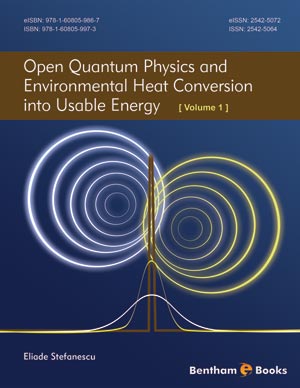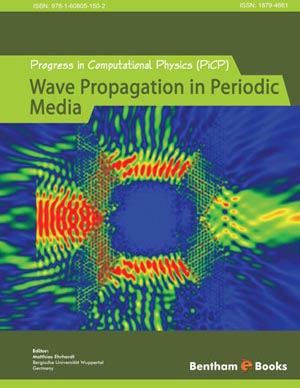Abstract
In this chapter we discuss the several attempts to search for life in the universe. Parts of this chapter are extracted from chapter 10 of another book of the author [41]. The Drake equation which estimates the probability for extraterrestrial civilizations being on the same technological level as we is discussed and approvements are suggested.
• Active search: this comprises in situ measurements. Several objects, like Venus, Mars, Titan and some asteroids in the Solar System have been visited by landers. One of the main aims of these landers was the to search for any biologic activity by measuring the surface conditions on these objects. Some space missions conducted to explore the Solar System carry messages about our civilization. Of course the chance of finding an extraterrestrial civilization through these space vehicles is extremely low.
• Passive search: this comprises all methods to detect (i) planets, (ii) speculate about satellites of these planets, (iii) find spectroscopic signatures of biologic activity (biomarkers) such as oxygen, ozone, methane and other compounds in a planetary atmosphere.
Examples of radio messages sent to different objects are given. No answer has been received so far.
The main message of this chapter is that from several arguments we can conclude that our civilization might not be the only one in the Galaxy and that we should belong to the older generation of civilizations at least in the Galaxy.













